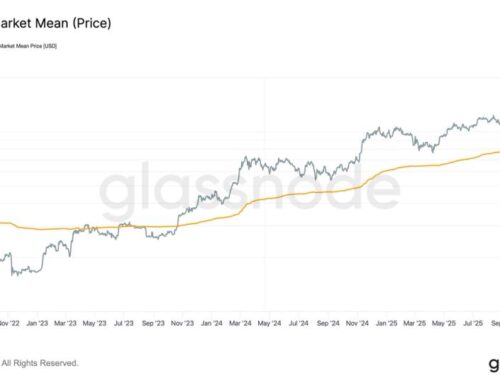Zuckerberg Tells Court That Facebook Is No Longer About Connecting With Friends
April 15, 2025
As times change, so do mission statements, especially in the fast-and-loose world of tech. In recent months, we’ve seen Google walk back its pledge to “do no evil,” and OpenAI quietly delete a policy prohibiting its software’s use for “military technology.”
Mark Zuckerberg’s Facebook is no exception. Its 2008 motto, “Facebook helps you connect and share with the people in your life,” is now a distant memory — according to Zuckerberg himself, who testified this week that Facebook’s main purpose “wasn’t really to connect with friends anymore.”
“The friend part has gone down quite a bit,” Zuckerberg said, according to Business Insider.
Instead, he says that the platform has evolved away from that model — its original claim to fame, as old heads will recall — in its over 20 years of life, becoming “more of a broad discovery and entertainment space,” which is apparently exec-speak for “endless feed of AI slop.”
The tech bigwig was speaking as a witness at a federal antitrust case launched by the Federal Trade Commission against Meta, the now-parent company to WhatsApp, Instagram, Threads, and Oculus.
The FTC’s case hinges on a series of messages sent by Zuckerberg and his executives regarding a strategy of buying other social media platforms outright, rather than compete with them in the free and open market — a scheme that’s more the rule than the exception for Silicon Valley whales like Google, Amazon, and Microsoft.
The FTC alleges that Meta began its monopolistic streak as early as 2008, when Zuckerberg buzzed that “it’s better to buy than compete” in a series of emails about then-rival platform Instagram. He finally got its hands on Instagram in 2012, after sending a memo that Facebook — which changed its name to Meta in 2021 — “had” to buy the photo-sharing app for $1 billion, fearing competition and a bidding war with fast-growing platforms like Twitter.
“The businesses are nascent but the networks are established,” Zuckerberg wrote in a leaked email about startup platforms Instagram and Path. “The brands are already meaningful and if they grow to a large scale they could be very disruptive to us.”
“It’s an email written by someone who recognized Instagram as a threat and was forced to sacrifice a billion dollars because Meta could not meet that threat through competition,” said the FTC’s lead counselor, Daniel Matheson.
Those internal memos are now smoking guns in what could be the biggest antitrust case since the infamous AT&T breakup of 1982, which had many similarities to the FTC’s suit against Meta. Back then, AT&T held unrivaled market influence that it used to box out smaller fish and shape laws to its whims — to chase profit above all, in other words.
Meta, in parallel, has spent millions lobbying lawmakers, is the dominant player in online advertising, and currently wields a market cap of $1.34 trillion — higher than the value of all publicly traded companies in South Korea, for perspective.
The FTC’s challenge will depend on whether federal prosecutors can convince US District Judge James Boasberg that Meta’s acquisitions of Instagram and WhatsApp were illegal by notoriously weak US antitrust standards. They’ll have no help from Boasberg, an Obama appointee, who has voiced skepticism with cases against Meta in the past.
“The [FTC] faces hard questions about whether its claims can hold up in the crucible of trial,” Boasberg said in late 2024, adding that “its positions at times strain this country’s creaking antitrust precedents to their limits.”
Whatever happens, it’s clear that Zuckerberg has moved on from the idealism of the early internet — to the sloppified money-grubbing of whatever it is we have now.
More on Meta: Facebook Is Desperately Trying to Keep You From Learning What’s in This Book
Search
RECENT PRESS RELEASES
Related Post




